The Ronald Tress Prize was established to celebrate excellence in research by early career academics. In this blog, we learn more about the runners-up of the award.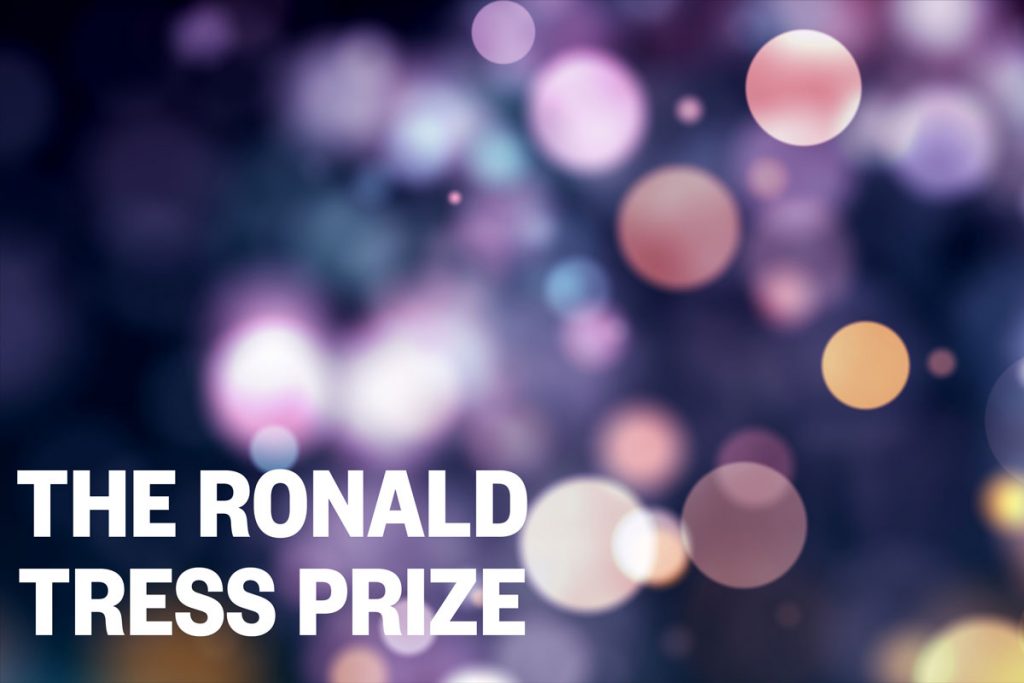
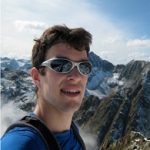 Philip Pogge von Strandmann, Reader in Isotope Geochemistry
Philip Pogge von Strandmann, Reader in Isotope Geochemistry
“I’m a biogeochemist, studying how the climate responds to, and recovers from, natural climate change events that occurred in the past. This provides us with information on what will happen as the Earth warms up in the future. In particular, at the moment I’m researching how the planet has broadly kept its climate stable enough for 4 billion years of life to exist. In other words, there is a natural thermostatic regulator of the climate – it operates quite slowly (hundreds of thousands of years), but stops the Earth becoming Venus-like. It is the process that will eventually allow the climate to recover from our activities – and we may also be able to speed it up, to assist us in mitigating climate change.
“I came to Birkbeck (and UCL, who employ me jointly) in 2013 after a NERC advanced research fellowship at Oxford. Before that I was a post-doc at Bristol, a PhD student at the Open University and an undergrad at Oxford. Birkbeck has been a good place both to do research and teach – it has less inertia to get things done than other institutions, and lets departments make important decisions.”
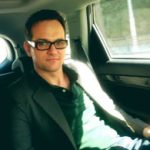 Dr Duncan Jackson, Senior Lecturer in Organizational Psychology
Dr Duncan Jackson, Senior Lecturer in Organizational Psychology
“I received my PhD in industrial-organizational psychology from Massey University in Auckland, New Zealand, which I completed on the validity of assessment centres. I have continued with this line of research into the present and am currently broadening my research to encompass other types of measure commonly used in organisations, including 360 degree ratings, situational judgment tests, and interviews.
“My research challenges key assumptions widely held about measurement in organisations; particularly assumptions regarding the measurement of competencies (e.g., teamwork abilities, communication skills) that are ubiquitous in the organisational environment. I have published in some of the leading journals in my discipline, including the Journal of Applied Psychology, the Journal of Occupational and Organizational Psychology, and Personnel Psychology. I have contributed to the international guidelines on assessment centres published in the Journal of Management and I was previously chief editor on the volume The Psychology of Assessment Centers published through Routledge New York.”
 Dr Rebecca Whiting, Lecturer in Organizational Psychology
Dr Rebecca Whiting, Lecturer in Organizational Psychology
“I’ve been in my current role since March 2015 though my connection with the College goes back further; I completed both my MSc and PhD in the same department, both part-time. After completing my doctorate, I worked in the College as a researcher on the Age at Work project, then for a couple of years at the Open University as a researcher on the Digital Brain Switch project, before returning to Birkbeck to take up my academic role. Like many of our students at Birkbeck, I know what’s involved to study whilst working and to undertake a career change (I started out as a lawyer). It’s a privilege now to be teaching students pursuing degree studies at different stages of their lives and for various purposes.
“My current research covers three main areas: age in relation to work, the role of digital technologies in the organization of contemporary working life, and internet ethics. Digital technologies are at the heart of my substantive research interests and the methodologies I use for research and dissemination. In a field traditionally dominated by quantitative methods, one of my contributions has been to enhance the methodological options available to organizational psychologists through my use and promotion of qualitative approaches.”
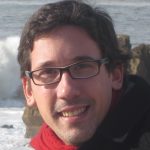 Dr Pedro Gomes, Lecturer in Economics
Dr Pedro Gomes, Lecturer in Economics
“I completed a PhD in Economics in 2010, at the London School of Economics. The title of my thesis was “Macroeconomic effects of fiscal policy” and it was supervised by the Nobel Prize winner Sir Christopher Pissarides. After completing my doctorate, I took my first academic position at Universidad Carlos III in Madrid. I’ve just started as a Lecturer at Birkbeck, joining in 2017. What I like about teaching at Birkbeck is that most students have accumulated so many different experiences in their lives that I see them as my peers, rather than students. I teach them Economics, but I feel I could learn as much from them in other areas, as they can learn from me. This makes the lectures all the more interactive and challenging.
“My current research focuses on understanding the effects of public sector employment and wage policies. Public sector employment is a major element of both the labour market and government budgets. In the UK, public sector employment, including NHS and Armed Forces, represents 22% of total employment and its wage bill represents 52% of government consumption expenditure. It is particularly sizable for specific groups of workers. The UK public sector hires 37% of all college graduates; 34% of all working women; and 30% of all workers age 47-55. Decisions like raising pay by 3% instead of 1% or hiring 20000 workers instead of firing 10000, affect the state of public finances, as well as the unemployment rate or private sector wages. Understanding what are the effects of these decisions and whether the chosen government policies are the best for the country is the goal of my research.”
 Dr Sarah Marks, Postdoctoral Researcher in History
Dr Sarah Marks, Postdoctoral Researcher in History
“I joined Birkbeck in October 2016 as a historian working with the Hidden Persuaders research group, funded by the Wellcome Trust. The project examines the ‘psy’ professions – psychology, psychiatry and psychoanalysis – during the Cold War, and particularly how debates about brainwashing and hidden persuasion shaped their reputation at the time and into today.
“Much of my own work focuses on the other side of the so-called Iron Curtain, on how these professions operated under Communism, and what models of mind and therapy were developed in Eastern Europe and the Soviet sphere, in addition to the abuses that we’re more familiar with. This offers a more balanced account of the Cold War, moving away from stereotypes about the ‘stultification’ of science and medicine in the socialist world by comparison with the West. It’s useful to look back at this history for policy today: many countries in the region are beginning to embark on mental health care reforms, and are dealing with the legacies of the past. Birkbeck is an incredible research environment to be part of – I’ve been impressed by the sheer range of different projects being undertaken here, and the vibrancy of seminars and events where both staff and students participate. It’s clear that this culture feeds in to the teaching, too, making the college a rich and unique forum for ideas and debate.”
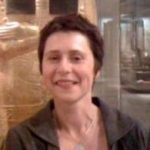 Dr Sarah Thomas, Lecturer in Museum Studies and History of Art
Dr Sarah Thomas, Lecturer in Museum Studies and History of Art
“I worked as a curator in Australian art museums before completing my PhD and joining the History of Art department at Birkbeck in 2013. I have a long-standing interest in the visual culture of the British empire, and the role and special character of travelling artists in the nineteenth century. I have recently completed a book called Witnessing Slavery: Art and Travel in an Age of Abolition. My work on the iconography of slavery has led more recently to an interest in the cultural legacies of British slave-ownership, particularly as it relates to the early history of public art museums in Britain.
My publications include an award-winning book, The Encounter, 1802: Art of the Flinders and Baudin Voyages (Art Gallery of South Australia, 2002), book chapters including ‘Slaves and the spectacle of torture: British artists in the New World’ (2013) and ‘Allegorizing Extinction: Humboldt, Darwin and the Valedictory Image’ (2015), and journal articles such as ‘The Spectre of Empire in the British Art Museum’ (Museum History Journal, 2013). Birkbeck provides a very supportive research environment for an emerging scholar. I currently run a work placement module for MA History of Art and MA Museum Cultures students, and as part of this I very much enjoy working in partnership with museums across London.”
Meet the winners of the Ronald Tress Prize here.
